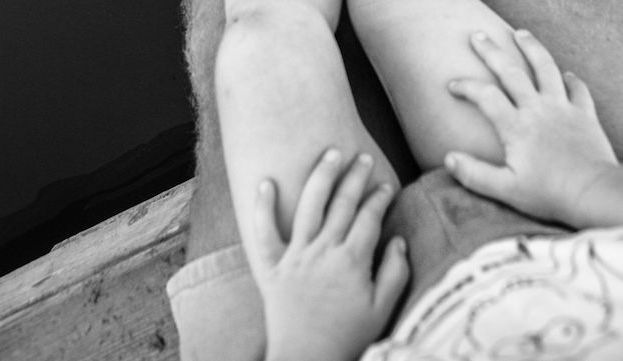
What Are My Responsibilities As The Birth Father?
In most adoptions, the focus is primarily on the Birth Mother and her choices, worries, and emotions. While expectant mothers considering adoption certainly have a lot to think about, birth fathers have plenty of questions, concerns, and worries of their own.
As a birth father, you may be wondering what your responsibilities and rights are when it comes to placing your child for adoption. You may also be struggling with an array of mixed emotions surrounding your current situation. However, learning more about what you can do, what you’re expected to do, and what your rights are can ease much of the anxiety you’re feeling.
This guide will focus on informing birth fathers about everything they need to know when it comes to placing their child for adoption.
Rights and Responsibilities As the Child’s Birth Father

As the birth father, everything starts with your stance on the adoption. If you do not object to the adoption, you can move forward with the next steps. These may include the following:
- You Can Choose to Not Be Involved in the Case: Deciding to not be involved usually requires you to sign a Waiver of Notice or a Denial of Paternity.
- You Can Still Be Involved in the Plan: If you do not object to the adoption and want to be involved in the case, you and the Birth Mother can work together throughout your adoption plan. Usually, the plan will be set up with an adoption specialist, attorney, or social worker. You may sign the relinquishment document along with the child’s Birth Mother once the adoption process and plan are completed.
If you do object to the adoption, there are few scenarios in which you may be able to block the adoption from happening.
Some birth fathers object to adoption because they want to raise the child themselves, want a family member to do it, or have other plans in mind. However, you cannot do this so easily.
The Birth Mother retains more leverage when it comes to making decisions for the child. In order for you to have a stronger influence over the adoption decision, you must take specific legal steps in a timely fashion in order to both establish and preserve your parental rights. Typically, you may only block the adoption if you meet at least one of the following strict legal requirements, depending on state law and regulations:
- If you are married to the birth mother, or were married to her within 300 days of the child’s birth.
- You have publicly acknowledged the child as your own and have received him or her into your home.
- You and the Birth Mother have both signed a Voluntary Declaration of Paternity to have you listed as the child’s father on the child’s birth certificate. Typically, this is signed at the time of the child’s birth, however it is not a requirement and should not be done if you are both planning to place the child for adoption.
- If you have done everything you can to take care of the child and the Birth Mother both financially and emotionally within the time of knowing about the pregnancy.
If you, as the birth father, do not meet one of the four circumstances listed, then your consent to the adoption is not required to move forward.
However, it may be required for the Birth Mother to notify you of her decision, depending on the state’s laws. Upon learning of the adoption, you will then have the right to file a legal action to stop the proceedings if you so choose.
As the birth father, you do have as much of a say as the birth mother about the child’s future, which is why you have certain rights when it comes to voicing your opinion and desires for your child. These rights vary by state making it imperative that you look further into your states statutes.
It is important to note, though, that upon taking legal action, you must follow all the requirements in a timely manner. Further, even if you file legal paperwork on time, the majority of such cases and claims are denied by courts because the fathers have not fulfilled all responsibilities, and the adoption may proceed without your consent and over your objection.
The Responsibility of Support

Whether you and the Birth Mother are still together or not, supporting her decision and adoption plans (assuming you do not object to them) is one of the most important and most responsible things you can do for her and the child.
Typically, Birth Mothers choose adoption because they know it will give the child a better life. Adoptive Parents are often financially stable and ready to give a child the love, home, and opportunities every child deserves, making the Birth Parent(s) decision to place their child an act of great love. This decision requires a lot of emotional strength, which is why there is support available for you after the adoption is finalized.
If you are still with the Birth Mother, you may plan out the adoption together, which includes choosing the adoptive family, the level of contact you want with the family, and how the hospital stay will be. As an involved birth father, you may be included in all the major, important decisions of the adoption even if you are not still with the Birth Mother. Communication and support are key in this situation because they can help make this decision and the coming transition as smooth as possible for you, the Birth Mother, and the child.
DOWNLOAD the full “Pregnancy & Adoption Planning Guide” here
Available 24/7 to Answer Your Adoption Questions


Search Adoption Network
Speak with a Specialist 1-800-367-2367
